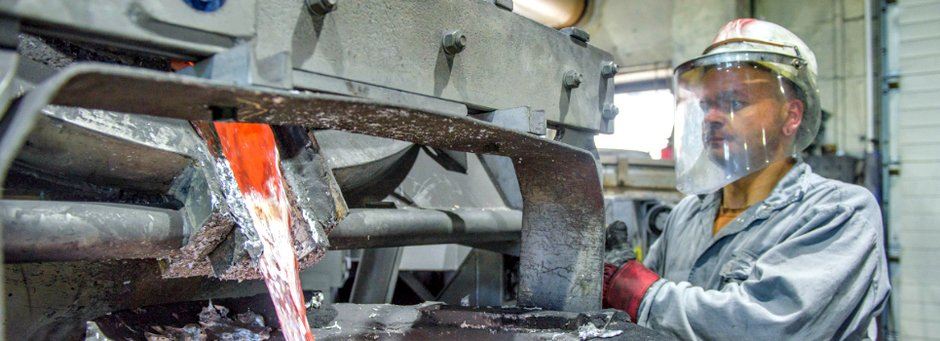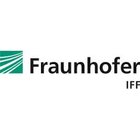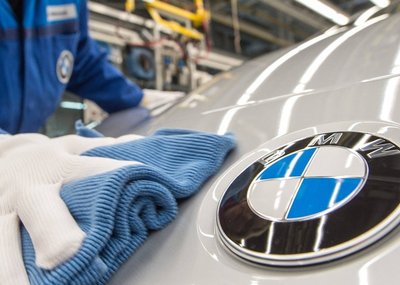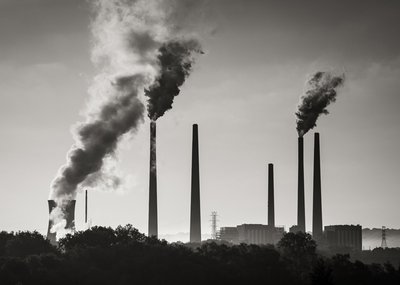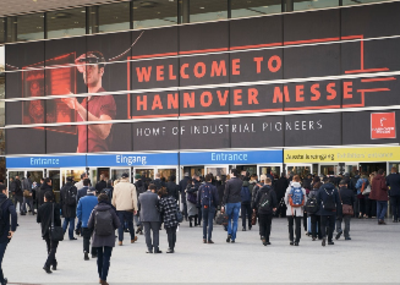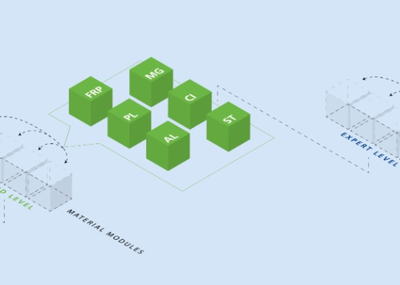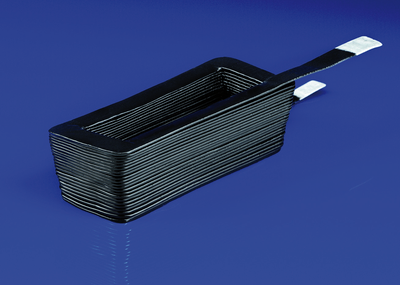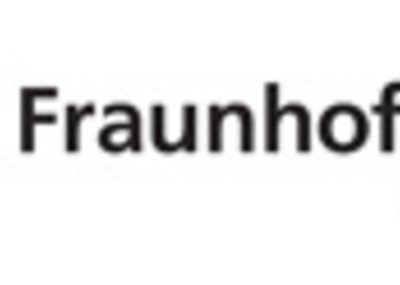The metalworking industry and foundries in particular consume extreme amounts of energy and thus produce large amounts of CO2 as well. In the future, light metal foundries will be able to cut their energy costs related to production by as much as sixty percent and CO2 emissions by as much as eighty percent. A new technology developed at the Fraunhofer together with other partners will make this possible. This world first was presented for the first time ever at this years’ Hannover Messe.
“We have developed a completely new design for a distributed, automatable melt supply system based on innovative, modularly upgradable burner technology,” explains Dr. Stefan Scharf from the Fraunhofer IFF in Magdeburg. “We consider this a revolutionary design that will lead the industry into a more sustainable, digitally connected era.”
Unconventional New Technology
Foundries in general and nonferrous foundries in particular currently have to repeatedly transfer and constantly heat melt charges in a gradual process. In addition to open-flame gas burners, electricity is predominantly used to melt and heat the metal, despite its obvious economic and environmental drawbacks. Such conventional methods of process control and the related transfer processes detract from casting quality and necessitate complex actions to handle the melt. Established processes typically have correspondingly high energy and resource requirements.
With their new approach, the researchers are banking on an unconventional but highly efficient method instead. A newly developed burner system that uses the energy carrier gas for heating delivers control system performance and homogeneity previously only seen in electrically heated units. The waste heat produced can be recovered reliably for the first time ever. The new design based on this development envisions melting, transferring and holding the metal in fully moveable transfer crucibles in the future. This will make it possible to cut the multistage process steps necessary currently necessary down to just one process step. The movable crucibles are supplied with the requisite thermal energy at so-called “heat docks” operated with the new burner. This eliminates the drawbacks of current alternative systems.
An equally new sensor system that monitors the process continuously and completely establishes the basis for connected process control in the foundry industry, which will be automated in the future. This ultimately lightens workers’ workloads especially during particularly hazardous works steps and enables companies to transform manufacturing digitally.
Higher Quality and Lower Energy Consumption
“This will enable light metal foundries for which the new system was developed to cut energy costs by sixty percent and related CO2 emissions by as much as eighty percent. At the same time, this will increase manufacturing flexibility and product quality significantly,” says Dr. Stefan Scharf. “In principle, the design is transferable to any foundry and its component solutions are transferable to other industries as well.”
According to the Bundesverband der Deutschen Giesserei-Industrie, nearly 340 companies in the light metal foundry sector (nonferrous metal foundries) produce around 1.7 million tons of nonferrous metal casts. Around one million tons of CO2 are produced in the process. Energy costs presently add up to roughly twenty-five percent of their gross value added. Altogether, the foundry industry with around 80,000 employees generates around €13 billion a year.
The technology was developed in a research consortium consisting of the Fraunhofer IFF, Otto von Guericke University Magdeburg, promeos GmbH and Leichtmetallgiesserei Bad Langensalza. The project named ETAL is being funded by the Federal Ministry for Economic Affairs and Energy.
The researchers presented the mass manufacturable prototypes of the new transfer crucibles together with the heat dock for the first time ever at the Fraunhofer-Gesellschaft’s booth at this year’s Hannover Messe. Right after the trade show, they were brought to the first implementation tests at participating companies. The manufacturable product should be on the market in early 2020.

